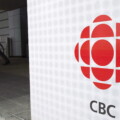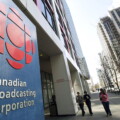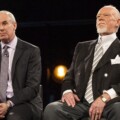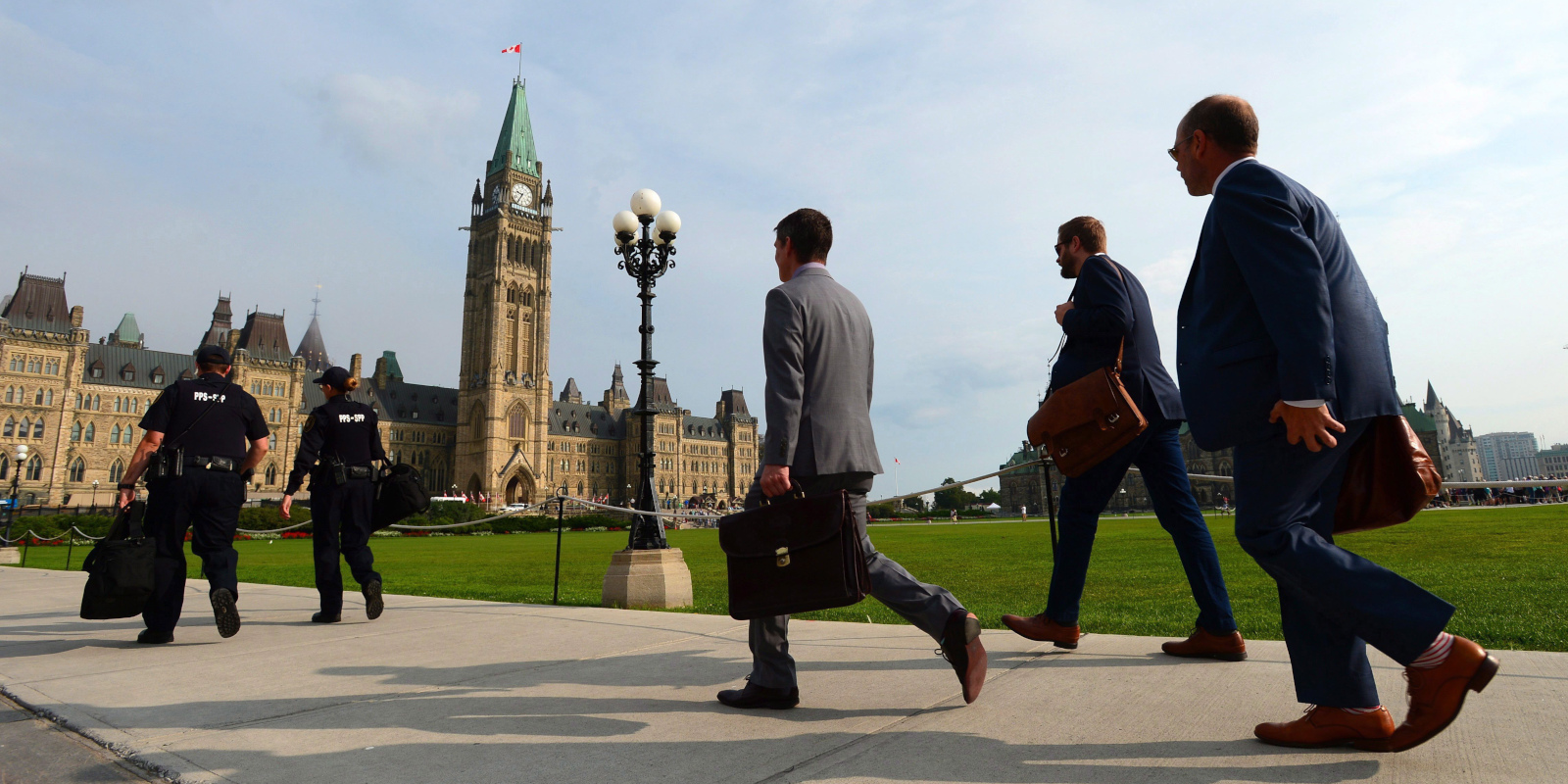In a recent episode of Hub Dialogues, Rudyard Griffiths, The Hub’s executive director, and Sean Speer, editor-at-large, got together for their annual conversation about The Hub itself, including its progress over the past year, opportunities and challenges for the year ahead, and their gratitude to The Hub community for its tremendous support. Here are three key takeaways from their discussion.
1. One-in-four know The Hub
“This year, just a month or so ago, we commissioned our pollster, who we really like, Heather Bastedo at Public Square Research, to reach out to Leger to put The Hub on one of its national internet panels. There are a couple of hundred thousand people that Leger polls online. I mentioned online because numbers are going to tell you and reflect, in a sense, the awareness of an online savvy audience. Amongst that group of Canadians, The Hub has an awareness of about one-in-four. One-in-four have said that they’ve listened to and or read The Hub. They’re aware of it. About one-in-twenty said they’re engaged and they’re regularly consuming our content.
That’s really cool for us because when we put ourselves up against other independent news outlets—I’m not going to name them because we like them all, we don’t see this as a competition—our awareness of one-in-four Canadians who are aware of The Hub as an independent media brand is about double any one of our competitors.”
2. The Hub‘s unique business model
“We are funded by individual donations from readers and listeners, and from foundations. In some ways, this is terrific because we’re insulated from the kind of cost-per-click methodology that most private news and information organizations use to fund themselves. They’ve got to create content that’s going to generate the most number of clicks because they’re selling those clicks on to advertisers. We don’t have to do that.
At the same time, Sean, what we’ve really seen this year, as our readership and engagement levels increased yet another 50 percent year-over-year, is that that growth in engagement doesn’t translate into a growth in revenue because the two are not attached as they would be in a traditional media model where for every new engaged listener or reader, you’re monetizing them on a one-by-one basis. We don’t want to do that, and we can’t do that, but it’s created some interesting conversations that we’ve had about how we grow this thing if audience growth doesn’t have a linear relationship to the resources that you can aggregate to generate more growth.”
3. Thanks to our readers, listeners, and donors
“I would just say to readers, listeners, and donors, that you’ve given us a gift. You’ve given us this extraordinary opportunity to try to build something that can make a positive contribution to Canadian public policy discourse, and ultimately create a sustainable business model. We see it as a gift. We’re humbled by the opportunity and want to do right by those who support us.”

Listen to Rudyard Griffiths’ and Sean Speer’s episode on the audio player below or on your favourite podcast app.
If you enjoy Hub Dialogues, be sure to check out more insightful commentary on The Hub’s YouTube page:
Recommended for You

‘The public is not stupid’: The Full Press on the real reasons behind Travis Dhanraj quitting the CBC

DeepDive: Bridging the imagination gap: Why Canadian businesses must rethink AI adoption now

Peter Menzies: Travis Dhanraj’s CBC resignation reveals the truth about media ‘diversity’ in Canada

Sean Speer: Maybe Ron MacLean is the one who needs to go



